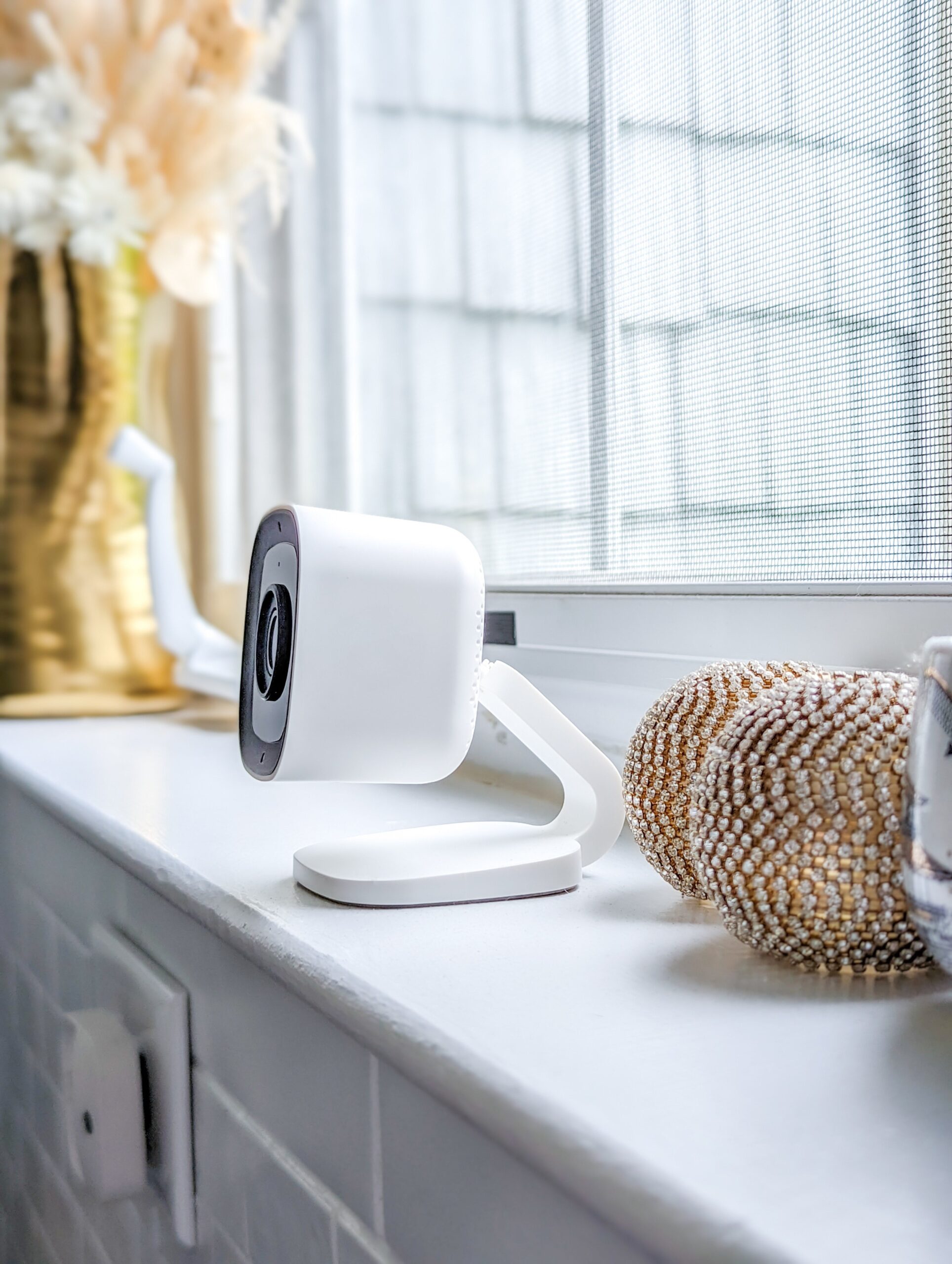In an increasingly connected world, safeguarding your home has never been easier or more sophisticated. Wireless home security systems have emerged as a popular and effective means of protecting your property and loved ones. These systems offer numerous advantages, but they also come with considerations that homeowners should be aware of. Get an in-depth understanding of wireless home security systems by exploring their benefits, components, installation process, and important factors to consider.
Advantages of Wireless Home Security Systems
There are numerous advantages to wireless home security systems. Here are a few of the most common that showcase its appeal:
Easy Installation
One of the most significant advantages of wireless home security systems is their ease of installation. Unlike traditional wired systems that require extensive wiring, drilling, and professional installation, wireless systems can be set up by homeowners themselves. It not only saves on installation costs but also provides the flexibility to install and relocate sensors and cameras as needed.
Remote Monitoring
Wireless home security systems offer remote monitoring capabilities, allowing homeowners to keep tabs on their property from anywhere with an internet connection. Mobile apps and web interfaces enable you to view live camera feeds, receive real-time alerts, and control your system remotely. Whether at work, on vacation, or simply away from home, you can have peace of mind knowing you’re connected to your security system.
Scalability
Wireless security systems are highly scalable, meaning you can start with a basic setup and expand it as your needs grow. Adding additional sensors, cameras, or smart home devices to your system is relatively simple. This scalability ensures that your security system can evolve with your lifestyle and security requirements.
Reduced Vulnerability
Traditional wired security systems are vulnerable to physical tampering, as cutting wires can disable the entire system. Wireless systems, conversely, don’t rely on physical connections, making them less susceptible to intruders attempting to disable the system by cutting wires.
Smart Home Integration
Many wireless security systems are designed to integrate seamlessly with smart home devices. That means you can connect your security system to other smart devices like smart locks, thermostats, and lighting. Integration enhances your home’s overall automation and allows you to create custom scenarios, such as having lights turn on automatically when motion is detected.
Components of a Wireless Home Security System
To fully understand the advantages and considerations of wireless home security systems, it’s essential to know their key components:
Control Panel
The control panel is the central hub of your security system. It communicates with sensors, cameras, and other devices and allows you to arm, disarm, and monitor your system. Many control panels have touchscreen interfaces for easy navigation.
Sensors
Sensors are placed on doors, windows, and other potential entry points. They detect movement or changes in the environment and send alerts to the control panel when triggered. Common types of sensors include:
- Motion Sensors: These detect movement within a defined area.
- Door and Window Sensors: Placed on doors and windows to trigger alarms when opened.
- Glass Break Sensors: Detect the sound of breaking glass.
- Smoke and Carbon Monoxide Detectors: Monitor for fires and gas leaks.
Cameras
Wireless security cameras capture video footage of your property. They can be indoor or outdoor cameras, some equipped with night vision and motion-activated recording. Modern wireless cameras often come with high-definition video quality and two-way audio communication.
Key Fobs & Keypads
Key fobs and keypads provide convenient ways to arm and disarm your security system without using a smartphone or computer. Key fobs are handheld devices, while keypads are usually mounted near entry points.
Sirens & Alarms
Sirens and alarms serve as deterrents and alerts in the event of an intrusion or emergency. They can be loud and attention-grabbing, discouraging potential intruders.
Mobile App
A mobile app or web interface allows you to control and monitor your security system remotely. It provides access to live camera feeds, alerts, and system settings.
Important Considerations
While wireless home security systems offer numerous advantages, there are also important considerations for homeowners to keep in mind:
Reliability of Wireless Signals
Wireless systems rely on radio frequency signals to communicate between components. While modern systems are generally reliable, factors like interference from other devices or a weak Wi-Fi signal can affect performance. It’s essential to ensure a robust wireless network in your home.
Power Source
Most wireless components run on batteries, which need regular replacement or recharging. It’s crucial to monitor battery levels to avoid gaps in your security coverage. Some devices offer low-battery alerts.
Initial Cost
The initial cost of purchasing a wireless home security system, including cameras, sensors, and the control panel, can be higher than traditional wired systems. However, the ease of installation and scalability can offset this initial expense.
Maintenance & Upkeep
Wireless systems require regular maintenance, such as cleaning camera lenses, testing sensors, and updating firmware. Ensure you’re comfortable with the maintenance tasks associated with your security system.
Data Security & Privacy
As your security system may involve video footage and personal data, it’s essential to choose a reputable provider with robust data security measures in place. Protecting your system from hacking or unauthorized access is crucial.
Professional Monitoring
While self-monitoring is an option with many wireless systems, some homeowners prefer professional monitoring services. These services typically come with a monthly fee but offer 24/7 monitoring and the ability to dispatch emergency services when needed.
Wireless home security systems have revolutionized how we protect our homes and loved ones. Their ease of installation, remote monitoring capabilities, and scalability make them an attractive choice for homeowners. However, it’s crucial to consider factors like reliability, power source, and data security when choosing and maintaining your system. With careful planning and the right components, a wireless home security system can provide peace of mind and a heightened sense of security for your property.

